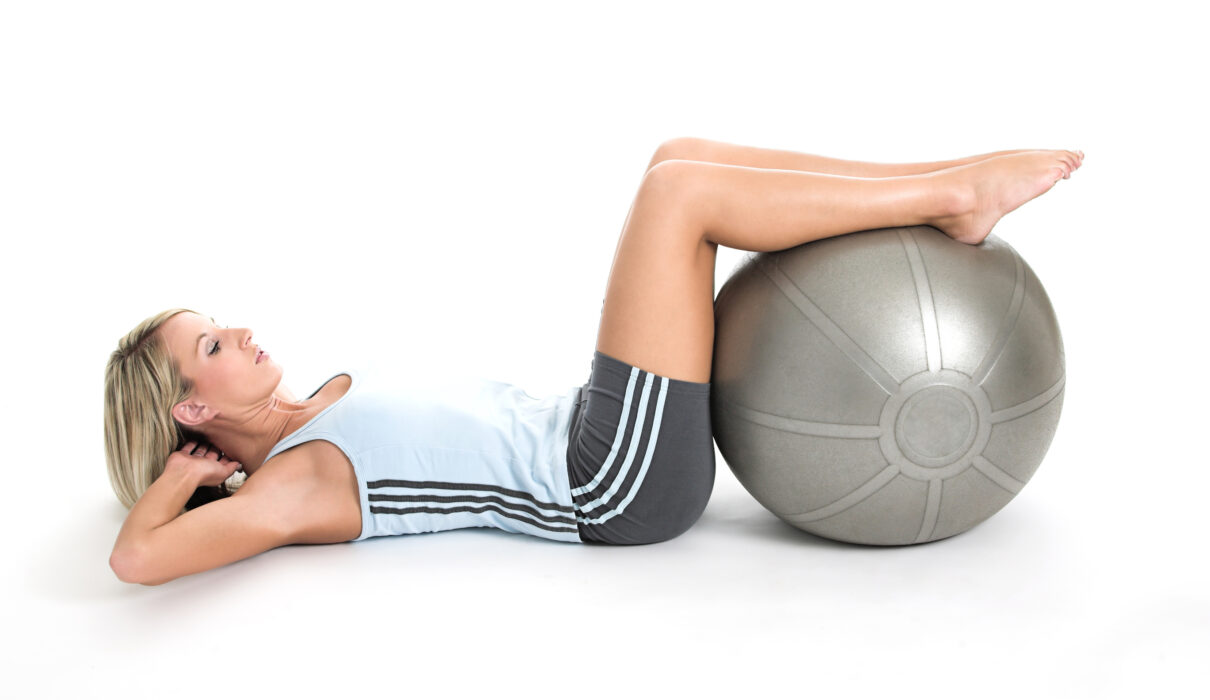Following colorectal surgery, getting enough rest is crucial for healing. However, staying completely inactive can actually hinder your recovery – and your colorectal surgeon will recommend exercise to help your healing. Movement promotes blood flow, helps prevent constipation, and improves overall well-being. Here’s a guide from a leading female surgeon and colorectal surgeon in Melbourne on the importance of staying active after colorectal surgery and offer practical tips for a smooth and healthy recovery.
Why is Activity Important After Colorectal Surgery?
Physical activity offers a multitude of benefits after colorectal surgery:
- Improved Circulation: Movement promotes blood flow throughout the body, which is essential for delivering oxygen and nutrients to your healing tissues. This speeds up the healing process and reduces the risk of infection.
- Reduced Constipation: Post-surgical inactivity can lead to constipation, which can be painful and uncomfortable. Regular movement helps stimulate your digestive system and keeps things moving smoothly.
- Pain Management: Gentle exercise can help manage post-surgical pain by promoting the release of endorphins, the body’s natural pain relievers. It can also improve your sleep quality, further aiding pain management.
- Faster Recovery: Regular activity helps strengthen muscles, improve flexibility, and increase your energy levels, all of which contribute to a faster and more complete recovery.
- Mental Well-being: Exercise is a powerful tool for boosting mood and reducing stress, both of which can be common after surgery.
Getting Started: Early Movement After Surgery
While you may feel overwhelmed initially, getting some movement going as soon as will be highly encouraged by your colorectal surgeon in Melbourne. Here’s what to expect:
- Day of Surgery: You’ll likely be encouraged to take short walks around your hospital room with assistance. This helps prevent blood clots and promotes lung function.
- First Few Days: Short, frequent walks throughout the day will be your primary focus. Gradually increase the duration and frequency as you feel stronger.
- Post-Discharge: Your colorectal surgeon will provide specific instructions on activity progression. Initially, focus on low-impact activities like gentle walking, swimming, or light stationary cycling.
Important Considerations for Activity Post-Surgery
- Listen to Your Body: Start slowly and gradually increase activity as you feel comfortable. Pain is a sign to slow down or rest.
- Avoid Straining: Avoid activities that put excessive strain on your abdominal muscles, such as heavy lifting, sit-ups, or strenuous sports, until your colorectal surgeon clears you.
- Hydration is Key: Good hydration ensures proper blood flow and prevents constipation. Drink plenty of fluids throughout the day, particularly before and after exercise.
- Pain Management: Take your pain medication as prescribed by your colorectal surgeon so you can stay active without discomfort.
- Support is Essential: Use a support belt if recommended by your colorectal surgeon, especially for activities that involve walking or standing for extended periods.
- Listen to Your Colorectal Surgeon: Always follow your colorectal surgeon’s specific instructions regarding activity limitations and progression. They will consider the type of surgery you underwent and your overall health when determining your safe activity level.
Beyond Walking: Activities to Consider
Walking is a fantastic starting point, but you can gradually incorporate other low-impact activities as you feel stronger. Here are some ideas from a leading female surgeon:
- Swimming: This is a gentle, full-body workout that is easy on your joints. The water provides support and helps manage pain.
- Yoga: Gentle yoga poses can improve flexibility, strength, and balance while promoting relaxation.
- Tai Chi: This mind-body practice combines slow, controlled movements with deep breathing. It’s a great way to improve coordination, balance, and overall well-being.
- Stationary Cycling: This provides a cardiovascular workout without putting stress on your joints.
Maintaining Activity Long-Term
Once you have fully recovered, regular physical activity should become a part of your daily routine. Aim for at least 30 minutes of moderate-intensity exercise most days of the week. Walking, swimming, cycling, dancing, or any activity you enjoy are all excellent choices. Maintaining a physically active lifestyle not only promotes overall health but also reduces the risk of future colorectal complications.
Remember:
- Clearance is Key: Always get your colorectal surgeon’s clearance before starting a new exercise program after surgery.
- Start Slow and Progress Gradually: Don’t try to do too much too soon. Gradually increase the duration and intensity of your activity as your strength and stamina improve.
- Find Activities You Enjoy: Choose exercises you find fun and engaging, so you’re more likely to stick with them in the long run.
- Celebrate Your Progress: Track your progress and celebrate your achievements. Even small increases in activity can make a big difference in your recovery.
Living a Fulfilling Life After Colorectal Surgery
Colorectal surgery may seem daunting initially, but with a positive attitude, commitment to healthy habits, and a gradual return to physical activity, you can achieve a full and active recovery. Remember, staying active is not just about physical well-being; it’s about reclaiming your life and returning to the activities you enjoy. Don’t hesitate to ask your colorectal surgeon in Melbourne any questions you may have about exercise after surgery. They are there to guide you on your journey towards a healthy and fulfilling life.
Want to Speak to a Female Surgeon? Find the Right Colorectal Surgeon in Melbourne Today
As an experienced female surgeon and colorectal surgeon in Melbourne, Dr Naseem has performed screening tests and surgeries for many years, working to ensure that patients are kept as comfortable as possible and given access to the most innovative treatments available. Contact us to schedule your colonoscopy or book your appointment with a colorectal surgeon in Melbourne today.


